The two most important factors in preventing heart disease are remarkably simple: 1) have a thorough heart health screening to identify your risk factors, and 2) have regular follow-up screenings, in accord with those risk factors.
The American Heart Association recommends that you start having heart screenings at age 20. These screenings are important because they help your Phoenix heart care specialists identify risks to your heart health, and take steps to reduce those risks early, before they become dangerous. After your first heart screening, the frequency with which you should have follow-up screenings depends on your risk factors, and how serious they are.
What are the factors that place you at risk of developing heart disease?
Naturally, you should follow your vascular doctor’s recommendations for how often you should have screenings, but in general you should have them more often if you have any of the following risk factors:
- Age 55 or older, especially if you are male
- Uncontrolled high blood pressure (hypertension)
- High cholesterol (high levels of LDL and low levels of HDL cholesterol)
- Smoking
- Being overweight or obese (more than 20% over your ideal weight)
- Physical inactivity (exercising less than 100-150 minutes per week)
- Family history of early heart disease
- Personal history of previous heart problems
- Uncontrolled diabetes
How often should I have certain tests during my medical examinations?
The following are general guidelines from the American Heart Association. If you have any of the risk factors above, you should consider having them more often:
- Blood pressure.This should be measured in every medical examination.
- Body weight and BMI.Your doctor should measure your weight and calculate your body mass index at every visit.
- Blood glucose levels. Test this every two years, starting at age 45.
- Fasting lipoprotein (cholesterol and triglycerides). The AHA recommends having this test every five years, starting at age 20, more often if you have been identified as having a higher heart risk.
What can I do to reduce my risk factors for heart disease?
This is the most important question you should address to your doctors after your next heart screening. The most important thing in avoiding heart disease is to understand how “at risk” you are, and to take steps to lower that risk. At Comprehensive Interventional Care Centers, we work with our patients to help them do what is necessary to reduce their heart risks – whether that is losing weight, stopping smoking, getting more exercise, or following a more heart-healthy diet.
The first step, however, is to have a thorough checkup and screening, especially if you haven’t had one in a while. Give the best heart doctors in Phoenix a call at 888-377-7122 and set up an appointment for an examination to determine your risk for heart disease. Based on the results, we can make recommendations to help you lower that risk.
